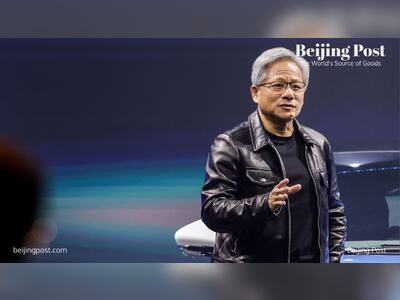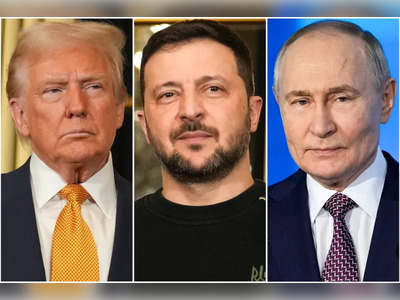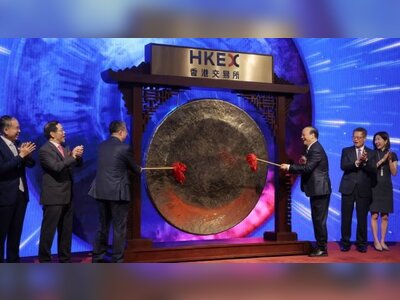China Finds Nvidia Violated Antitrust Laws in Mellanox Deal, Deepens Trade Tensions with US
China’s State Administration for Market Regulation (SAMR) has announced that a preliminary investigation has determined U.S. chipmaker Nvidia violated Chinese antitrust laws by failing to comply with conditions attached to its 2020 acquisition of Israeli firm Mellanox Technologies. The probe, which began in December 2024, now enters a more intensive stage following this finding.
At issue is a set of commitments Nvidia made when China conditionally approved its roughly US$6.9 billion acquisition of Mellanox. These included supplying Mellanox-origin networking equipment and GPU accelerators to Chinese customers on fair, reasonable, and non-discriminatory terms, ensuring that new product information would be shared with competitors within a fixed period, and preventing discriminative practices or forced bundling. Chinese regulators contend that Nvidia has breached these obligations.
Nvidia responded that it complies with all applicable laws and is cooperating with relevant agencies as the investigation continues. The announcement triggered a drop of about two percent in Nvidia’s pre-market share price. The preliminary finding does not yet specify penalties or concrete remedies, though under Chinese law fines for antitrust violations could reach between one and ten percent of a company’s annual sales.
The timing of Beijing’s disclosure appears closely linked with high-stakes U.S.-China trade talks being held in Madrid, where semiconductor access, export controls, and regulatory disputes are primary agenda items. Nvidia’s position is already complicated by U.S. export restrictions that have cut into its business in China, especially relating to advanced chips.
Analysts warn that this development increases regulatory risk for Nvidia in China and highlights how conditional merger approvals remain enforceable long after the deals are closed. For China, the finding reinforces its posture of asserting tighter oversight over foreign tech companies and signalling that legal commitments will be rigorously enforced. Reuters and other sources report that further proceedings will follow.
This development adds a fresh dimension to the strategic competition over artificial intelligence (AI) and semiconductors, sectors both Washington and Beijing view as critical to national security and future technological leadership.











